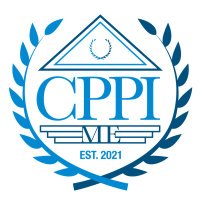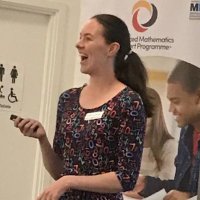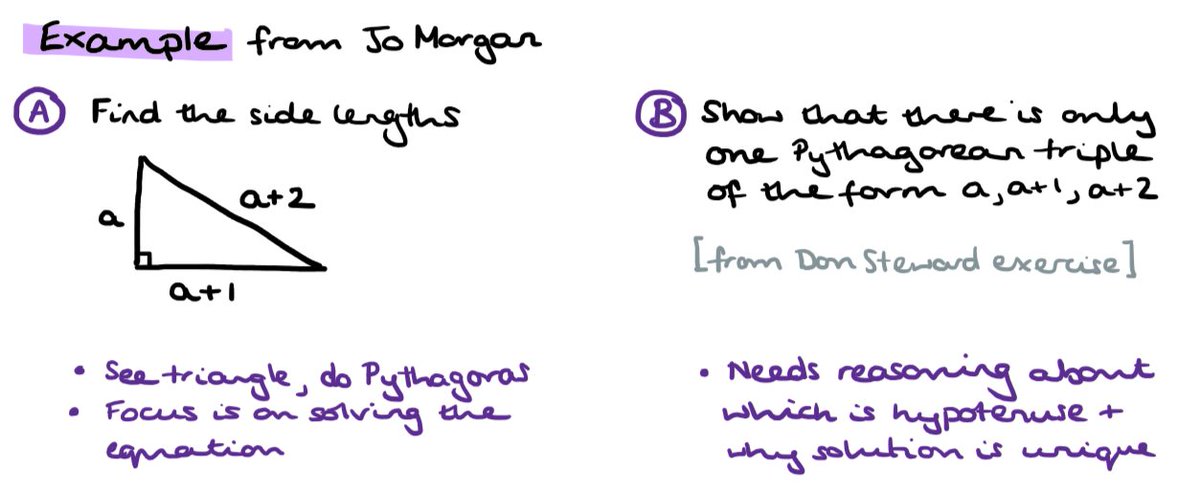
Bryan Meyer
@doingmath
Working to make high school mathematics meaningful, enjoyable, and equitable
ID:490073993
http://www.doingmathematics.weebly.com 12-02-2012 05:59:40
7,1K Tweets
2,9K Followers
550 Following


If HS math classes aren't helping Ss see how maths helps us better understand & act to change our most pressing issues - algorithmic bias, gerrymandering, climate change, poverty, wealth inequality - then what is the education good for? Thx Just Equations justequations.org/blog/todays-ma…



Hi Tom Loveless! I appreciated listening to your interview on Chalk & Talk. You mentioned the importance of conceptual understanding, procedural fluency, and problem solving. Do you have examples of what it looks like to assess each of these ‘strands’ at the high school level?

One of the ideas that I noticed coming up again and again at #jointconf24 was that it matters how a question is asked. Phrasing it differently can shift the focus for students without changing the content.
Examples here from Ed Southall (@edsouthall.bsky.social), Susan Whitehouse and Jo Morgan's sessions.



Bryan Meyer Liesl McConchie Jelani Nelson Jo Boaler Steve Leinwand We had an 'honors' algebra class. Mostly white in a minority white school. The parents were pretty vocal about why ... They wanted their kids in classes with 'better kids' ... It isn't about ability and we didn't even offer Calculus as a course.

There’s a constant tension between individuals using schooling for social advantage vs schooling for true education. But offering Alg1/IM1 in 8th grade will not be an easy solution to racial equity. Here is data from my district. What’s yours? Jelani Nelson Jo Boaler Steve Leinwand


Hi Greg Ashman and Anna Stokke! I’ve seen you both express strong support of explicit, direct instruction and I’m interested to learn more about your perspective on what that is. Do you have a classroom video of a ‘good’ example of this pedagogy in high school math?

Dear friends!
Speaker proposals for #CMCSOUTH24 are open. Find speaker proposal form here:
Sara VanDerWerf Nick Corley Karen Campe Shelby 💗💜💙
cmc-south.org/conference-65t…


If you teach high school math, you should watch this! Post your reactions. youtu.be/lAAxR79wjLk?fe… cc: Jelani Nelson